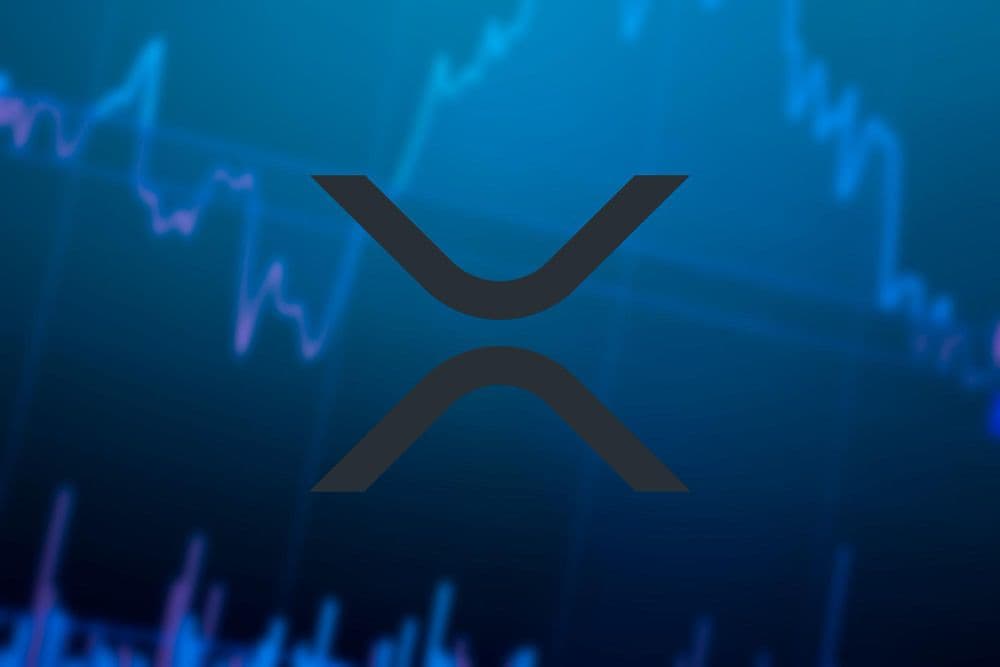Updates on Money-Laundering and Crypto to be discussed at G-20
The fight between the crypto world and regulators is about to hit a critical point, as the next meeting of G-20 Financial Ministers and Central Governors Meeting is coming up this weekend. Along with money laundering, cryptocurrency will also be […]

The fight between the crypto world and regulators is about to hit a critical point, as the next meeting of G-20 Financial Ministers and Central Governors Meeting is coming up this weekend. Along with money laundering, cryptocurrency will also be the main theme of the discussions, and many suspect a new agreement will come out soon. Many are hopeful that it won’t vary vastly from the draft guidelines issued by the Financial Action Task Force (FATF) this March.
Financial Ministers and Central Governors Meeting
The G-20 Financial Ministers and Central Governors Meeting is an annual meeting where many of the world’s pressing economic issues are debated. This year, the meeting is being held in Fukuoka as a three-part session from January 16-18, April 2-12, June 7-29. This year, the topics that are going to be discussed include Global Economy where issues like Risks and Challenges, Surveillance of global economic risks, Global imbalances and Aging and its policy implications will be addressed. Another major discussion topic is Actions toward Robust Growth since the global economy has shown signs of continuous slowdown, and this discussion will include Quality infrastructure investment, Resilience against natural disasters, Strengthening health financing for moving towards Universal Health Coverage (UHC) in developing countries and finally Debt sustainability and transparency of Low-Income Countries (LICs). Also, due to the rapid changes in technology and its effect on the economy, Response to Structural Changes caused by Innovation and Globalization is also on the agenda. This will see issues like International taxation, financial market fragmentation and Financial innovation taking the center stage. So as we can see, the meeting is not just about crypto and money laundering.
FATF guidelines
Earlier this year the Financial Action Task Force (FATF) issued a draft guideline which included a number of regulations and legislative changes in order to tackle money laundering and terrorist financing in the crypto space. The current meeting of G-20 Financial Ministers and Central Governors is to reach an agreement on those guidelines and create a roadmap for its implementation. There were 8 recommendation in total released by FATF on 22 February 2019. It mainly deals with how to classify virtual assets, licensing of entities involved with such assets and compliance with AML(Anti Money Laundering)/CFT(Combatting the Financing of Terrorism) requirements. It also calls for countries to provide the widest possible range of international cooperation in relation to money laundering, predicate offenses, and terrorist financing relating to virtual assets. The main issue with these proposed regulations is that they will give governments a wide range of powers which might end up hurting the industry really negatively.
Mounting concerns
Precisely due to the negative repercussions these new guidelines could bring many in the industry has recently voiced their opinion, especially from Asia. The CEO of a privacy-centered coin Beam, Alexander Zaidelson was quoted saying,
“I don’t think it is possible to ban anonymous coins, and the regulators understand it.” He further elaborated: “I think that a balance should be found between privacy and compliance, where people can choose the level of compliance that works for them. It is similar to how cash works today – private people do not need to report cash transactions, but businesses do.”
Japan Virtual Currency Exchange Association (JVCEA) also put out a statement via cointelegraph “We are watching global movements as to AML/CFT very closely. We supervise our members, Japanese crypto exchanges to make sure that they comply with them”. One of the main concerns with the implementation of these guidelines is privacy and many believed that the government shouldn’t have access to all financial data. Including in cases of a criminal investigation, especially in the case of crypto where everything is recorded. While it can be made harder for exchanges to convert anonymous coins to crypto, it remains to be seen how governments will control such coins as shutting them down is near impossible.
Since the last time they met things have gotten a lot better for crypto as some member states have adopted policies favorable to crypto, and this will surely affect the outcome of the discussion positively. While it is true that most people don’t have a clue what the agreement will be like after the meeting, the outcome will surely shape the future of the industry. And this is why many in the industry are eagerly waiting for the agreement to come out in hopes that it will not turn out as a nail in the coffin.
Follow us on Twitter, Facebook, Steemit, and join our Telegram channel for the latest blockchain and cryptocurrency news





























